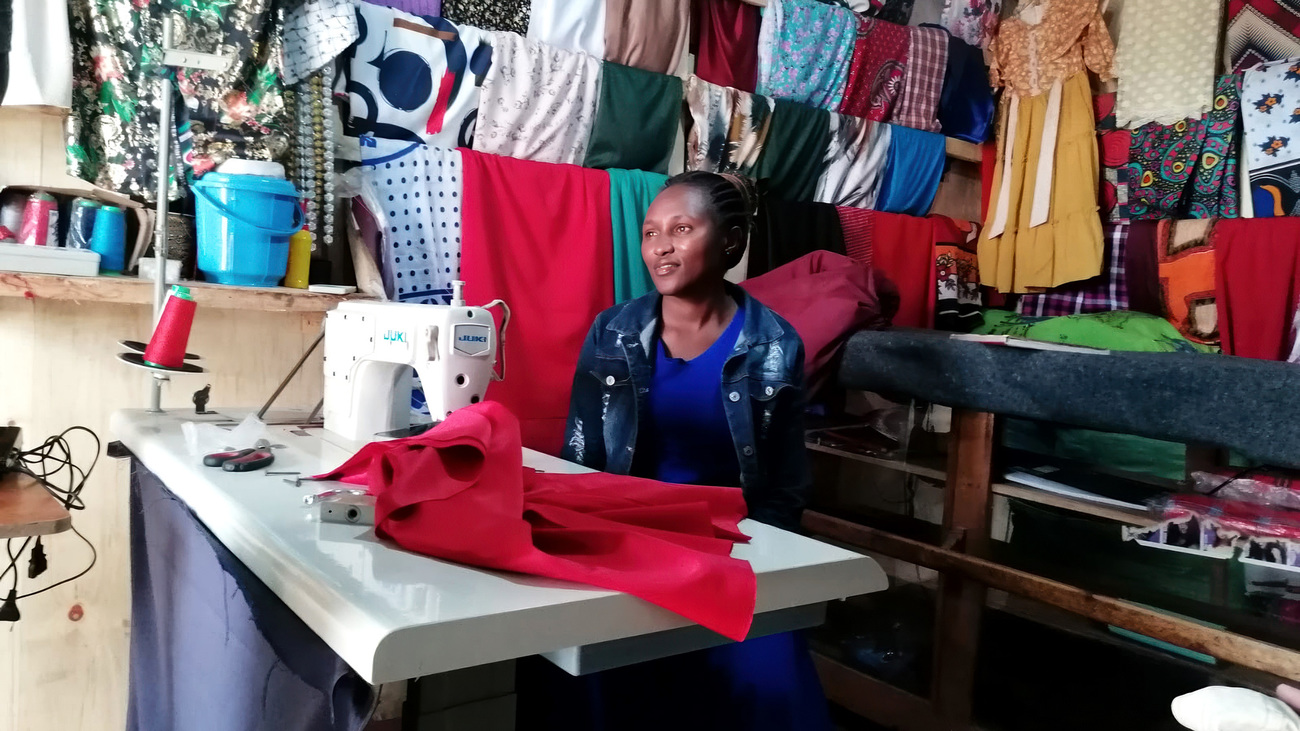John Kogada
Jenga Mama: A silent revolution for women and wildlife in Amboseli
Jenga Mama: A silent revolution for women and wildlife in Amboseli
For three days I stood in the sweltering heat of the Amboseli region, accompanied by brave and determined women—and in that time I witnessed a quiet but profound revolution. This revolution is not led by high‑level policy or big infrastructure. It’s led by everyday women gaining vocational skills, building livelihoods, and stepping into leadership. It’s about the real connection between people’s lives and the landscapes we share.

At IFAW, we believe that you cannot safeguard natural resources unless you also empower those who live alongside wildlife. That’s why the initiative known as Jenga Mama (Swahili for “empower a woman”) was born. The truth is simple: women are deeply connected to nature—they fetch water, gather fuel, feed their families—but all too often they are excluded from economic decisions and leadership roles. By training women in tailoring, plumbing, hairdressing and beauty, computer technology, and catering, Jenga Mama places them at the heart of both community and conservation.
We started by reaching the most marginalised and vulnerable women in this beautiful yet challenging landscape. Sixty women now have marketable skills, and they are already becoming agents of change.
Household economic resilience
Many of these new entrepreneurs run their own small businesses. When a woman has independent income, the impact ripples through the household. Food security improves. Children stay in school. Access to health care and other essentials becomes more likely. We’re seeing this happen in real time—women who once struggled to be heard are now contributing meaningfully to their families’ wellbeing.
Conservation starts with women
Jenga Mama is proving that empowering women is not an add-on to conservation—it is conservation. By investing in women, we are investing in the long-term health of Amboseli’s people, wildlife, and ecosystems. These 60 entrepreneurs are now guardians of their environment, and the positive impact of their leadership will echo for generations to come.
Perhaps the most powerful change is in how natural resources are now used and safeguarded. When women gain economic alternatives, the direct pressure on the land decreases. But beyond that, women are gaining voice and influence in local resource‑management decisions. For example, women who trained through Jenga Mama are now active governing‑committee members of the newly established Illaingarunyoni Conservancy and Ole Narika Conservancy. They are shaping how land is used, how wildlife corridors are maintained, and how community‑conservation relationships are built.
At IFAW, we believe in bold ideas that bridge the wellbeing of people and animals. Jenga Mama is one such idea—quietly transforming lives, landscapes, and the future of conservation.
Related content
every problem has a solution, every solution needs support.
The problems we face are urgent, complicated, and resistant to change. Real solutions demand creativity, hard work, and involvement from people like you.